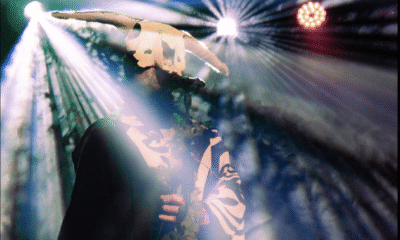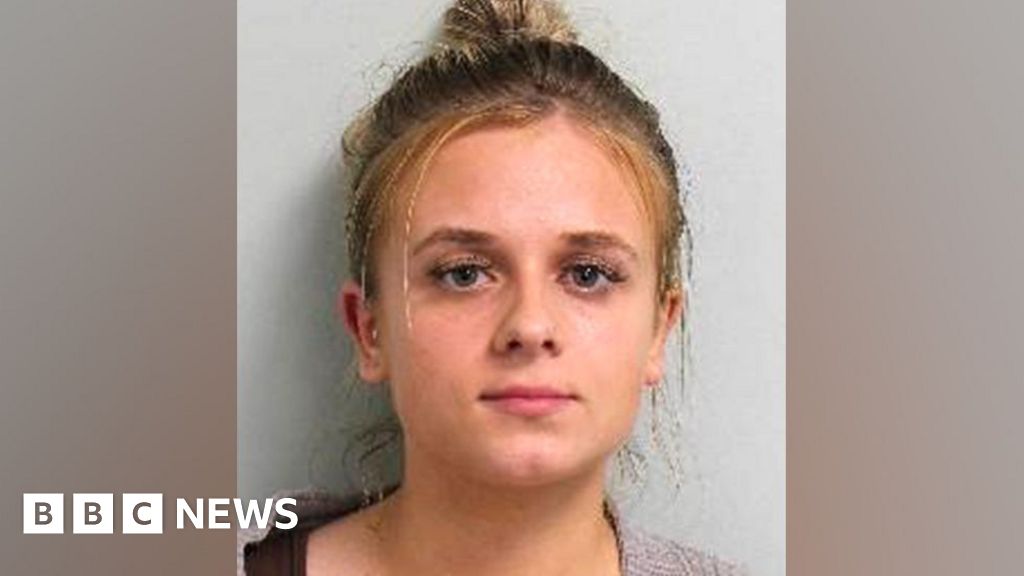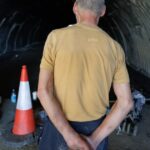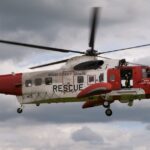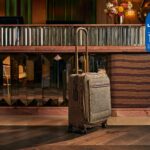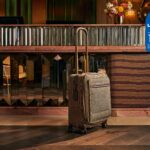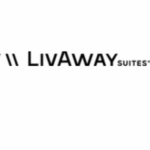Boeing can sign off on some of its 737 Max and 787 Dreamliner planes before they’re handed over to customers, the Federal Aviation Administration said Friday, the latest sign the manufacturer is regaining confidence from its regulator after years of safety crises.
The FAA stopped allowing Boeing to issue its own airworthiness certificates for 737 Max airplanes in 2019 after two fatal crashes. It made a similar decision for Boeing 787s in 2022 because of production defects.
Since the second Max crash, in March 2019, the FAA solely issued airworthiness certificates, which certify planes as safe to fly, for the Maxes. The FAA said that it and Boeing will issue the certificates on alternating weeks.
“Safety drives everything we do, and the FAA will only allow this step forward because we are confident it can be done safely,” the FAA said in a statement. “This decision follows a thorough review of Boeing’s ongoing production quality and will allow our inspectors to focus additional surveillance in the production process.”
Boeing didn’t immediately comment.
The company has been working for years to move past a series of safety and manufacturing issues. A midair blowout of a door panel from one of its new 737 Max 9s in January 2024 set those plans back further, with the FAA capping production of the Maxes and increasing scrutiny of Boeing, a top U.S. exporter.
“If Boeing requests a production rate increase, onsite FAA safety inspectors will conduct extensive planning and reviews with Boeing to determine if they can safely produce more airplanes,” the FAA said Friday.
Boeing CEO Kelly Ortberg, who took the helm just over a year ago, has said the company is focused on stabilizing its production rate of its Maxes at 38 month, and he has expressed optimism about evaluating an increase beyond that with the FAA.
“I feel pretty confident that we’ll be in a position here pretty soon to sit down with the FAA and go through what we call a capstone review, which is the process we go through to not just go through these [key performance indicators], but to look at our entire supply chain readiness, our continued production readiness and move forward with that,” he said at a Morgan Stanley investor conference earlier this month.
Boeing shares were up about 4% Friday.





